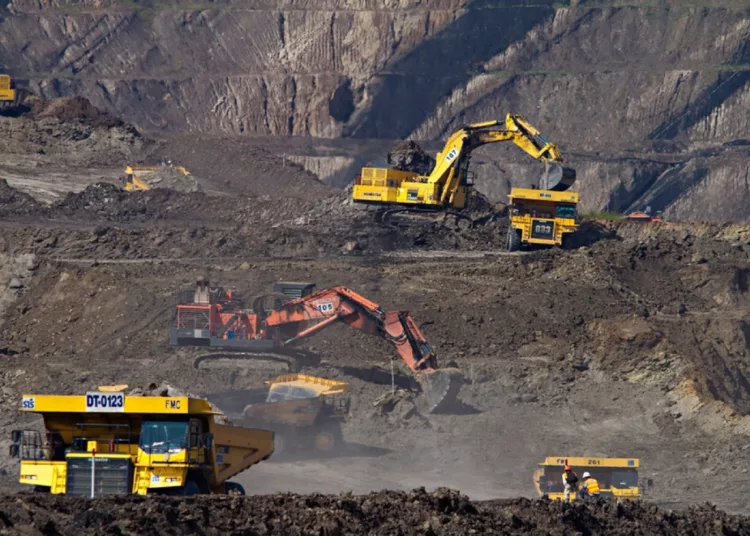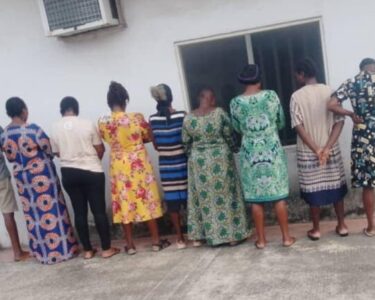Ghana is set to host the 2025 Mining in Motion Summit, where global stakeholders will gather in Accra to address illegal mining and explore new opportunities for investment in Africa’s gold sector. The summit, scheduled for June 2–4, will focus heavily on formalising artisanal and small-scale mining (ASM), especially in Ghana, a country that produces more than 130 metric tonnes of gold annually.
Ashanti Green Initiative (AGI), the key organiser, is advocating for stronger regulation and traceability in Ghana’s ASM sector. The initiative aims to transform Ghana into a global model of responsible gold production, ensuring the country’s gold is sourced sustainably and ethically. Ghana’s gold must power more than profits. It must power schools, health clinics, clean rivers, forest restoration and create thriving and sustainable communities,” said mining governance expert Charles Kwarteng Antwi.
Antwi emphasized that the vision is for Ghanaian gold to be “fully traceable from mine to market, produced under conditions that respect human rights and the environment, recognised globally but rooted locally.” Despite ASM contributing to over $2 billion in annual exports and employing over a million people, it remains largely informal—cutting miners off from safety standards, financial access, and global trade benefits.
“The paradox is clear: while ASM contributes over $2 billion in annual gold exports, the very actors producing this gold remain marginalised from its value,” Antwi stated. “The solution lies in the formalization of the sector, not as a tool for punishment, but to be seen as a tool for empowerment.” AGI wants to create economic systems that uplift communities and set new standards in the gold market.
The summit will include key figures such as H.E. John Dramani Mahama, President of Ghana, and representatives from South Africa, Mali, Côte d’Ivoire, ECOWAS, the African Union and the UNDP. The event also includes visits to rehabilitated mining sites and working groups focused on ESG compliance, traceability, and responsible sourcing. “This is where Africa asserts its place in the global gold economy – not as a passive exporter, but as a standard-setter, innovator and unifier within the space,” said Antwi.
However, bringing this vision to life demands infrastructure and investment. Antwi explained: “Setting up a compliance infrastructure comes at a cost: miners need training; cooperatives need formal recognition; certification requires labs, logistics and digital systems.” AGI is now calling on international investors to back this transition and support Ghana in becoming a responsible gold powerhouse.




